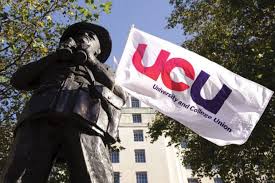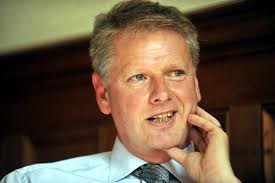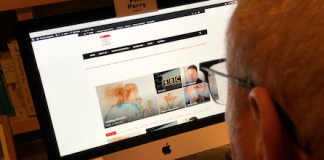- Crime pays - 1st July 2025
- Disabling protests - 30th June 2025
- A good storybook - 30th June 2025

The only Welsh university in the elite ‘Russell Group’ scores the second highest in Britain for the number of official complaints, as controversy grows about racism in academic institutions, it has emerged.
Troubled Cardiff University has recorded 39 grievances jointly with Oxford University behind only Cambridge University.

The shock news about Cardiff is set against the disturbing background that universities are not tackling alleged racism at their institutions.
Responses to a request under the Freedom of Information Act (FOIA) that a UK newspaper sent to 131 universities showed that students and staff made at least 996 formal complaints of racism over the past five years.
Of these, 367 were upheld, resulting in at least 78 student suspensions or expulsions and 51 staff suspensions, dismissals and resignations.

University staff from minority backgrounds said the findings showed there was “absolute resistance” to dealing with the problem.
The alarming news about where Cardiff University sits in the complaints league table (although their figures might also reflect better methods of recording data) comes hard on the heels of our exclusive disclosure that the institution was about to embark on another major staff redundancy programme.

In September last year The Eye were also the first to reveal that internal documents showed how the controversial institution had decided then to offer “academic staff a time-limited opportunity to apply for severance under a Voluntary Severance (VS) Scheme”.
At the time the union for academic staff, University and College Union (UCU), told their members at Cardiff University: “… we remain highly critical of the culture of management and managerialism at Cardiff University”.

The news was then followed up by the mainstream media and covered later.
More than four years ago we divulged too how the Vice-Chancellor (VC) Colin Riordan was paid more than £250,000, but was reimbursed £266.50 for a two-night stay in London, as well as £109 for a single night.
In May 2015 The Eye revealed how he had hit the headlines after racking up £1,010.98 on taxis, hotels, rail tickets and hospitality between June 2013 and May 2014.


At the time The TaxPayers’ Alliance said: “… surely out of principle Prof Riordan could donate his claims to the hard-working taxpayers of the future and the people he should be serving, the students of his university”.
In April last year Cardiff University was forced to deal with an FOIA request with money paid to academic officials at its heart.

The question from an intrigued member of the public asked: “I would like to know the yearly salary of the pro vice chancellor/s and how much that has increased since 2012, year-to-year”.
Yet The Eye showed how raising money through means other than reducing the headcount with redundancies had become more difficult in recent years.

Cardiff University had its credit rating slashed following the Brexit vote when Moody’s changed the outlook from stable to negative.
Cardiff was one of eight top British universities who had their credit status downgraded amid concerns that curbs to free movement would hit recruitment of academics and students.
Among the others were Leeds, Liverpool, Manchester, Keele and De Montfort.

But Cardiff University has been no stranger to embarrassments.
More than three years ago it was at the centre of a storm of controversy over the sudden withdrawal of the appointment of Griff Rhys Jones as Chancellor.
The comedian had already posed for pictures in his ceremonial robes.

The university was forced to dismiss claims it was shuffling its long-standing governance structure in the wake of the botched attempt to appoint Mr Jones.
The Nobel Prize winner Sir Martin Evans agreed to a second term as Chancellor following Mr Jones’ decision to rule himself out of becoming the university’s new figurehead to avoid “any further complication”.
 Universities are keen to figure near the top of league tables, but one about the number of complaints they must deal with is not a table they will want to succeed in.
Universities are keen to figure near the top of league tables, but one about the number of complaints they must deal with is not a table they will want to succeed in.
On Tuesday – the second part of our investigation into how Welsh universities do not always live up to their professed values in the correct manner.
Our Editor Phil Parry’s memories of his extraordinary 35-year award-winning career in journalism as he was gripped by the incurable disabling condition Hereditary Spastic Paraplegia (HSP), have been released in a major new book ‘A GOOD STORY’. Order the book now! The picture doubles as a cut-and-paste poster!










